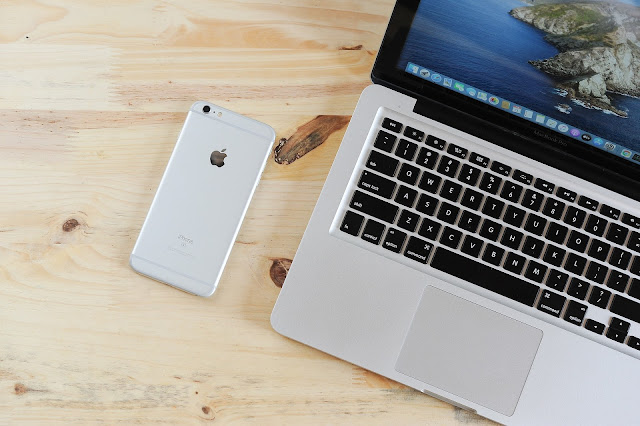Keeping your data hidden from Apple is ‘virtually impossible’, experts have warned. A groundbreaking study reveals that the default apps on iPhones, iPads, and MacBooks collect personal data even when they appear to be disabled. In a world where privacy concerns are paramount, this revelation raises significant questions about Apple’s commitment to safeguarding user information.
The Invisible Data Collection
The study, conducted by researchers from Aalto University in Finland, focused on Apple’s integral apps: Safari, Siri, Family Sharing, iMessage, FaceTime, Location Services, Find My, and Touch ID. These apps are deeply embedded in the Apple ecosystem, making them challenging to remove. The researchers discovered that users often remain unaware of the data collection happening behind the scenes.
For instance, consider Siri—the friendly virtual assistant. When users enable Siri, they assume it only relates to voice control. However, Siri continues to collect data from other apps, regardless of the user’s choice. Unless users delve into the settings and specifically change this behaviour, their data remains vulnerable.
The Complexity of Protecting Privacy
Protecting your privacy on an Apple device requires expert knowledge and persistence. The online instructions provided by Apple are not only confusing but fail to list all necessary steps. Participants in the study attempted to change their settings, but none succeeded in fully protecting their privacy. The process was time-consuming, and the scattered instructions left users puzzled.
Amel Bourdoucen, a doctoral researcher at Aalto, highlights the complexity: “The online instructions for restricting data access are very complex and confusing, and the steps required are scattered in different places. There’s no clear direction on whether to go to the app settings, the central settings—or even both.”
The Uncertain Fate of Collected Data
While the study sheds light on the data collection process, the exact purpose of this information remains uncertain. Apple’s use of the collected data is not explicitly disclosed. However, experts predict that it primarily contributes to training Siri’s artificial intelligence and providing personalized experiences.
Recommendations for the Future
The study, to be presented at the prestigious CHI conference, offers several recommendations for improving guidelines:
Clearer Instructions: Apple should provide straightforward instructions for users to protect their privacy effectively. Clarity is essential to empower users to make informed decisions.
Comprehensive Settings: Consolidate privacy-related settings in one place. Users should not have to navigate a maze of menus to safeguard their data.
Transparency: Apple should be transparent about how collected data is used. Users deserve to know the purpose behind data collection.
In a world where privacy is a fundamental right, Apple’s slogan—“Privacy. That’s Apple.”—must translate into actionable steps. As users, we deserve control over our data, even in the face of seemingly insurmountable challenges.










